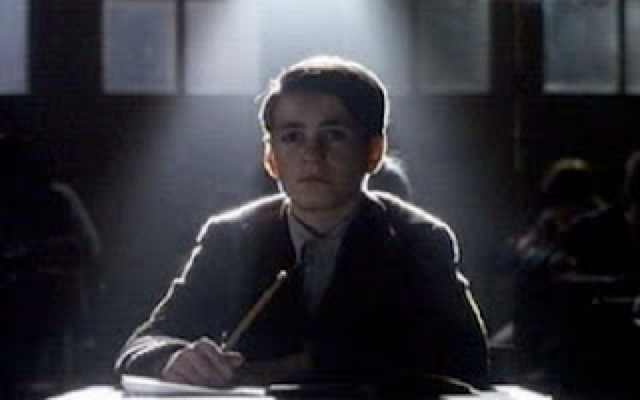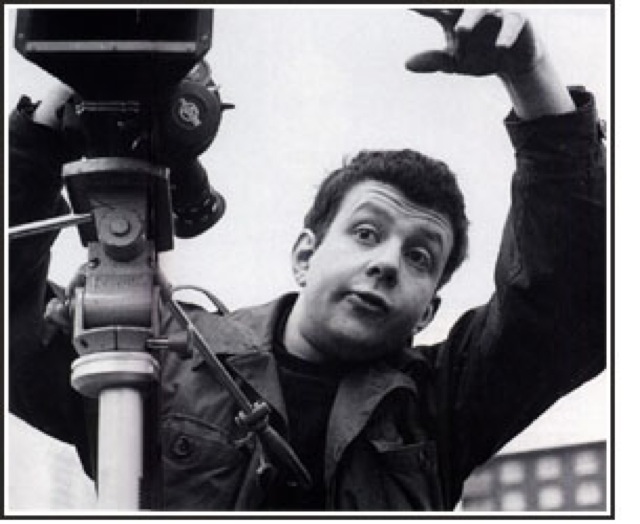A nation must have its culture heroes, and current wisdom among Anglo-American movie critics and programmers has advanced Terence Davies to the position of Britain’s greatest living filmmaker. The claim may have been made as long ago as The Long Day Closes (1991), Davies’ most autobiographical and fully achieved work, which dramatizes his childhood love of the movies; but consensus coalesced in 2008 with the completion of his documentary-essay about his native Liverpool, Of Time and the City—the filmmaker’s first movie in the eight years since adapting Edith Wharton’s The House of Mirth. Beginning this week, viewers in New York will have an unusual chance to assess his work afresh, with the US release of The Deep Blue Sea, his new version of the 1952 Terence Rattigan adultery drama of the same name, coinciding with a retrospective of his work at BAM and a revival of The Long Day Closes at Film Forum.
Drawing as it does on the signature play by the post-World War II prince of London’s West End (and one generally regarded as a middlebrow hack even on Broadway), The Deep Blue Sea is the most obviously and provocatively “English” of Davies’ films. But there are, of course, several other possible contenders for British cine-laureate. These include Ken Loach, the politically-minded director who unexpectedly won the 2006 Palm d’Or at Cannes for his Irish troubles film The Wind That Shakes the Barley; Peter Greenaway, who made several startlingly original early features (The Draughtsman’s Contract and Drowning By Numbers) but has since devolved into a purveyor of post-cinematic claptrap; and Stephen Frears, the prolific workhorse whose movies have racked up a number of Oscar nominations (The Grifters, Dangerous Liaisons, The Queen). Only one, however, is at all credible: Mike Leigh.
Davies and Leigh, who are near contemporaries, have definite points of contact. Radically revising the kitchen sink naturalism that characterized the serious British cinema of the late ’50s and ’60s (Look Back In Anger, A Taste of Honey, Saturday Night and Sunday Morning) both established themselves by showing the downside of British domestic life. Indeed, both grew up in provincial cities (Leigh in greater Manchester, the son of a doctor, and Davies in Liverpool, the youngest of ten children) and both are in some way outsiders. Leigh is a Jew, Davies is gay; neither man will ever be mistaken for Sirs David Lean or Richard Attenborough. Although the irascible Leigh did accept an OBE in 1993, Davies went out of his way to insult the monarch he calls “Betty Windsor” in Of Time and the City.






